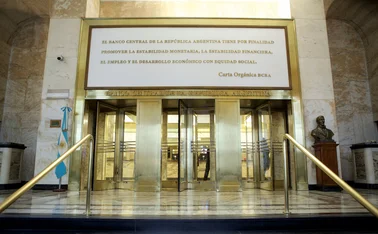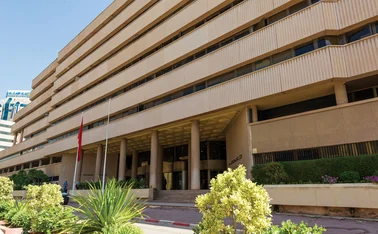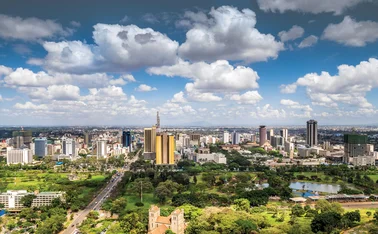
Central bank data shows Venezuela is in ‘stealth default’
Debt repayments have rapidly decreased since October 2017, data shows

Data published by the Central Bank of Venezuela has revealed the country is in default on its foreign debt payments.
As part of an overhaul of its website, the central bank published a large amount of historical data relating to reserves and financial accounts.
The new website included information on the central bank’s external debt repayments, which was spotted by Russ Dallen of Caracas Capital, who follows Venezuelan debt closely.
According to the data, Venezuela’s debt repayments have
Only users who have a paid subscription or are part of a corporate subscription are able to print or copy content.
To access these options, along with all other subscription benefits, please contact info@centralbanking.com or view our subscription options here: www.centralbanking.com/subscriptions
You are currently unable to print this content. Please contact info@centralbanking.com to find out more.
You are currently unable to copy this content. Please contact info@centralbanking.com to find out more.
Copyright Infopro Digital Limited. All rights reserved.
As outlined in our terms and conditions, https://www.infopro-digital.com/terms-and-conditions/subscriptions/ (point 2.4), printing is limited to a single copy.
If you would like to purchase additional rights please email info@centralbanking.com
Copyright Infopro Digital Limited. All rights reserved.
You may share this content using our article tools. As outlined in our terms and conditions, https://www.infopro-digital.com/terms-and-conditions/subscriptions/ (clause 2.4), an Authorised User may only make one copy of the materials for their own personal use. You must also comply with the restrictions in clause 2.5.
If you would like to purchase additional rights please email info@centralbanking.com







